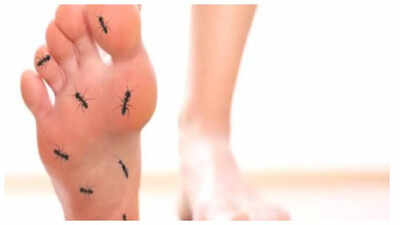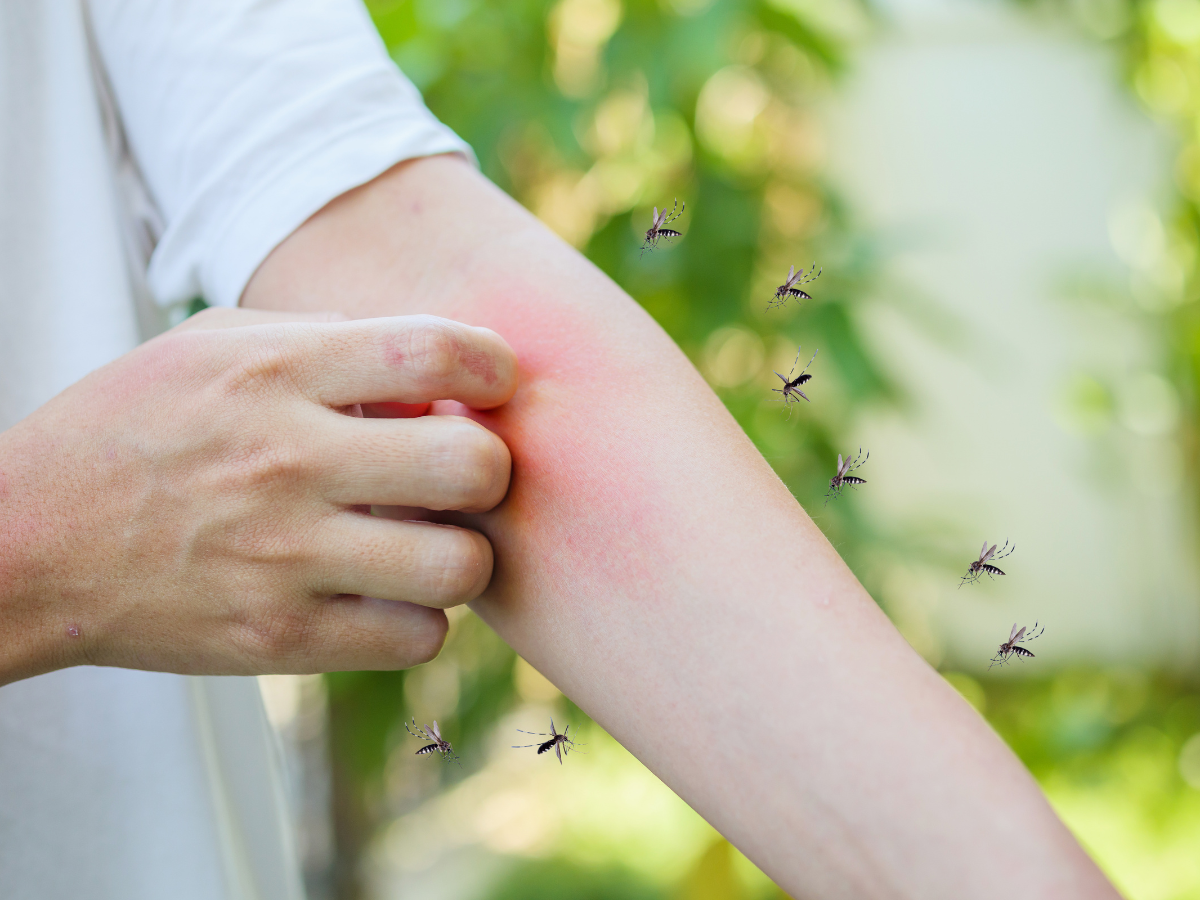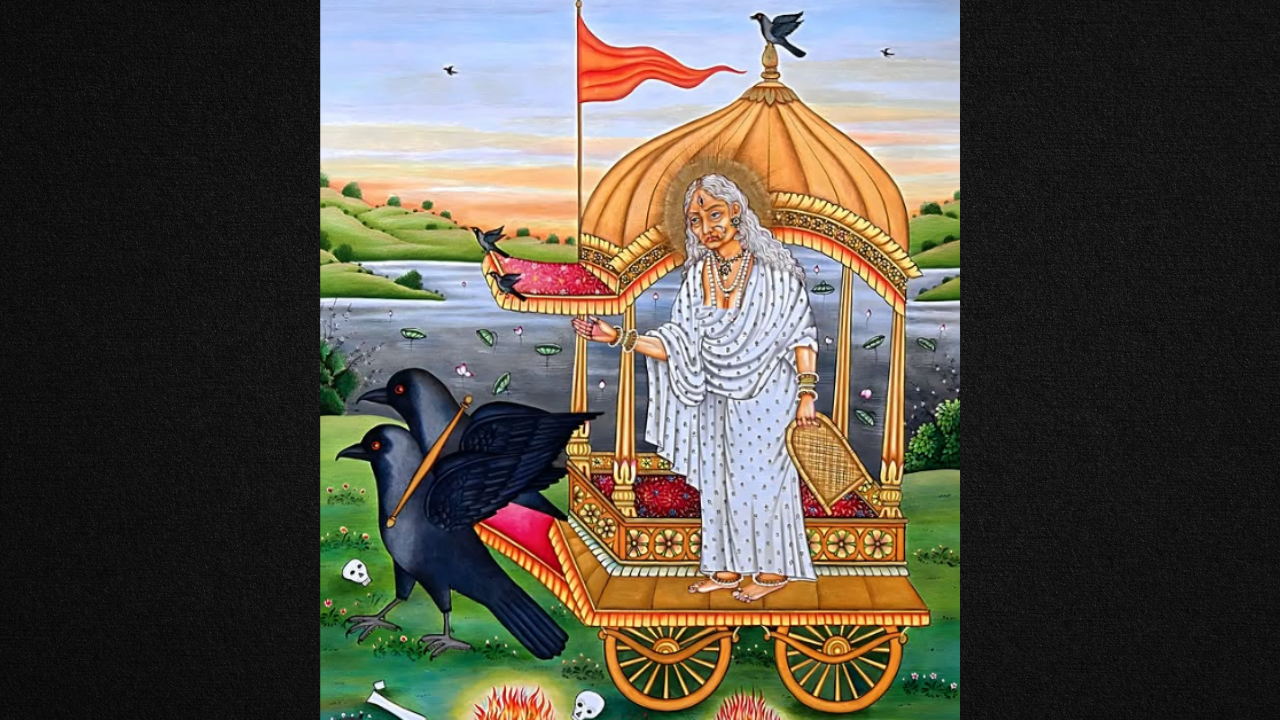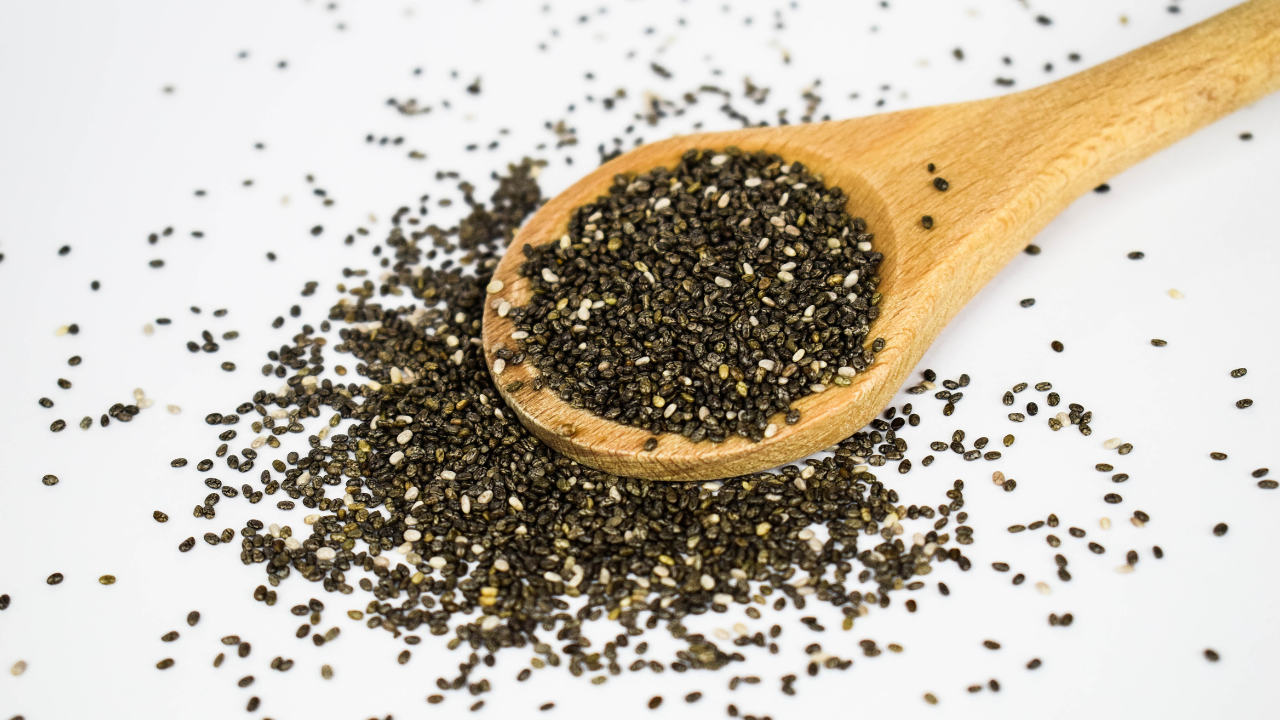
Often, it has happened that suddenly you feel a sharp sensation in your body, but it is not pain. The sensation can be described as "pins and needles" pinching over the body, and can be uncomfortable, if not painful.
However, what does it really mean when you experience pins and needles all over your body? Let’s dip deeper.

What is the pins and needles sensationThe medical term for pins and needles is paresthesia. It describes unusual sensations you are otherwise not used to, like tingling, prickling, numbness, or a fuzzy feeling on your skin. Almost all of us have experienced this sensation when our arm or leg “goes off to sleep” (and you are unable to move it) after sitting or lying in one position for too long.
This happens because pressure on nerves or blood vessels temporarily blocks signals between your brain and body.When the pressure is suddenly released, the nerves suddenly “wake up” from their "slumber", and send signals rapidly, causing that familiar tingling or prickling feeling. Usually, this sensation goes away quickly, and is harmless.Common causesWhile temporary pins and needles are common, and harmless, feeling it all over your body or for a long time may indicate some underlying issues. Here are some common causes:Pressure on Nerves or Blood VesselsSitting cross-legged, sleeping on your arm, or staying in one position for long can compress nerves or blood flow.
This causes temporary pins and needles in the affected area. Once you move and walk a little bit, the feeling usually goes away.Nerve damageSometimes nerves get irritated or damaged due to injury, or certain medical conditions. This can cause persistent or widespread tingling sensations, that can occur randomly, or in any area of the body.Vitamin DeficienciesLack of important vitamins like B12 can affect nerve health and cause tingling or numbness in different parts of the body.Medical ConditionsSeveral health problems can cause pins and needles all over, including:DiabetesMultiple sclerosisStroke or ischemic attacksThyroid Autoimmune conditions like lupus or rheumatoid arthritisInfections such as Lyme disease or HIVCirculatory issues like thoracic outlet syndromeAnxiety or panic attacksMedications and SupplementsCertain medicines for cancer, HIV, or seizures can affect nerves and cause tingling.
Some supplements, like high doses of vitamin B6 or bodybuilding supplements, can also cause pins and needles.Why does it feel like thatThink of your nervous system as a road carrying electrical signals between your brain and body. When nerves are pressed or damaged, this “traffic” is blocked or disrupted. This causes a loss of normal feeling (numbness) or extra signals (tingling or prickling).

When the pressure is removed, nerves become active again, sending rapid signals that feel like pins and needles.
This is usually a sign that your nerves are recovering.Should you be concernedMost pins and needles episodes are temporary and harmless.However, you should see a doctor if:The sensation lasts a long time (more than a few minutes) or keeps coming backIt spreads to large areas, or affects both sides of your body.You experience weakness, pain, or loss of coordination along with tingling.You have trouble walking, speaking, or controlling your bladder.The sensation started after an injury or accident.How to manage these sensationsHere are some simple steps you can take at home:Change your position often. Avoid sitting or lying in one position for too long.Stretch and move regularly. Gentle exercises help improve blood flow and nerve health.Eat a balanced diet. Include foods rich in vitamins, especially B12, to support nerves.Manage stress and anxiety. Relaxation techniques like deep breathing or meditation can reduce symptoms.Avoid tight clothing or accessories. These can compress nerves and blood vessels.Limit alcohol and avoid smoking. Both can damage nerves over time.

 6 hours ago
39
6 hours ago
39




























 English (US)
English (US)